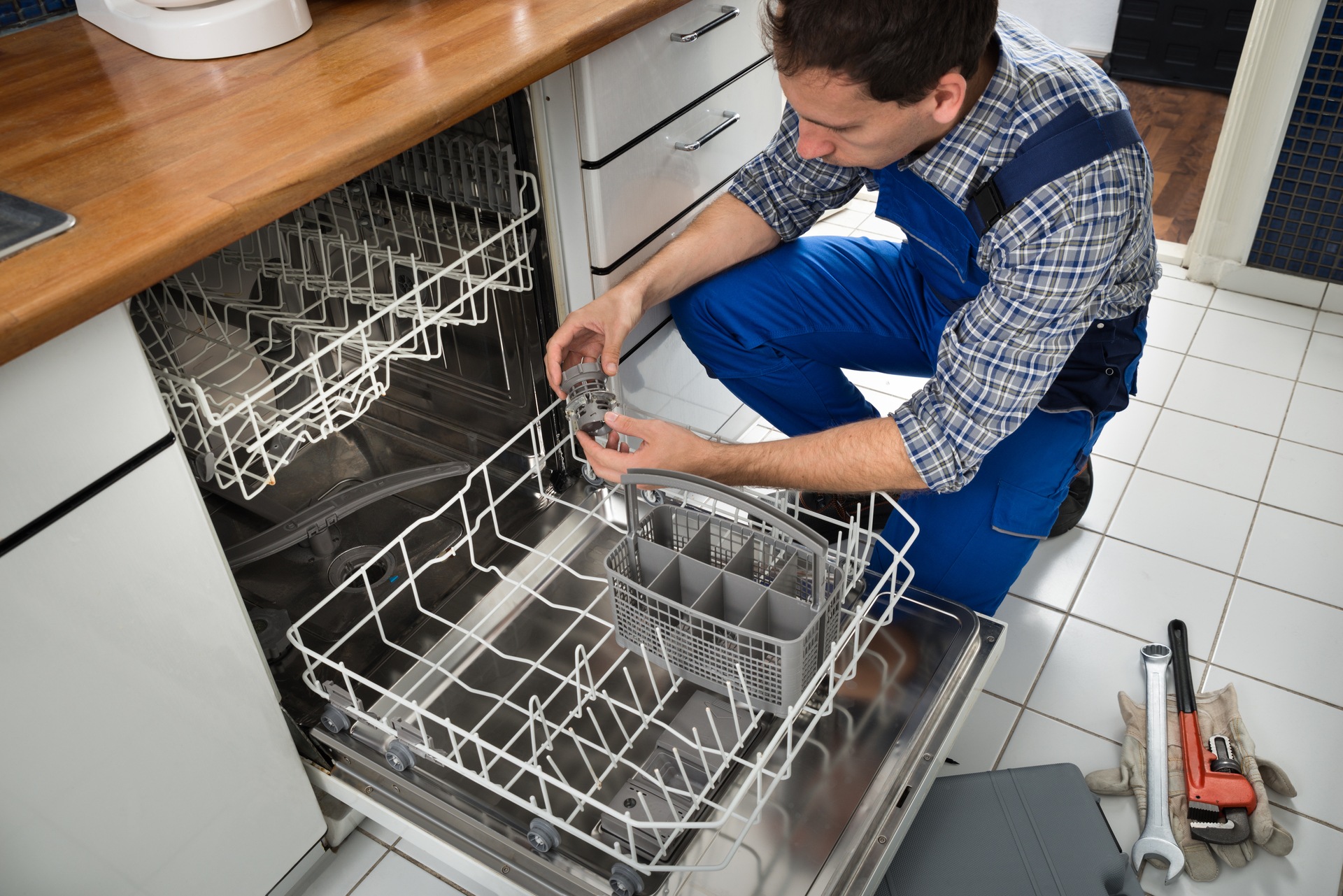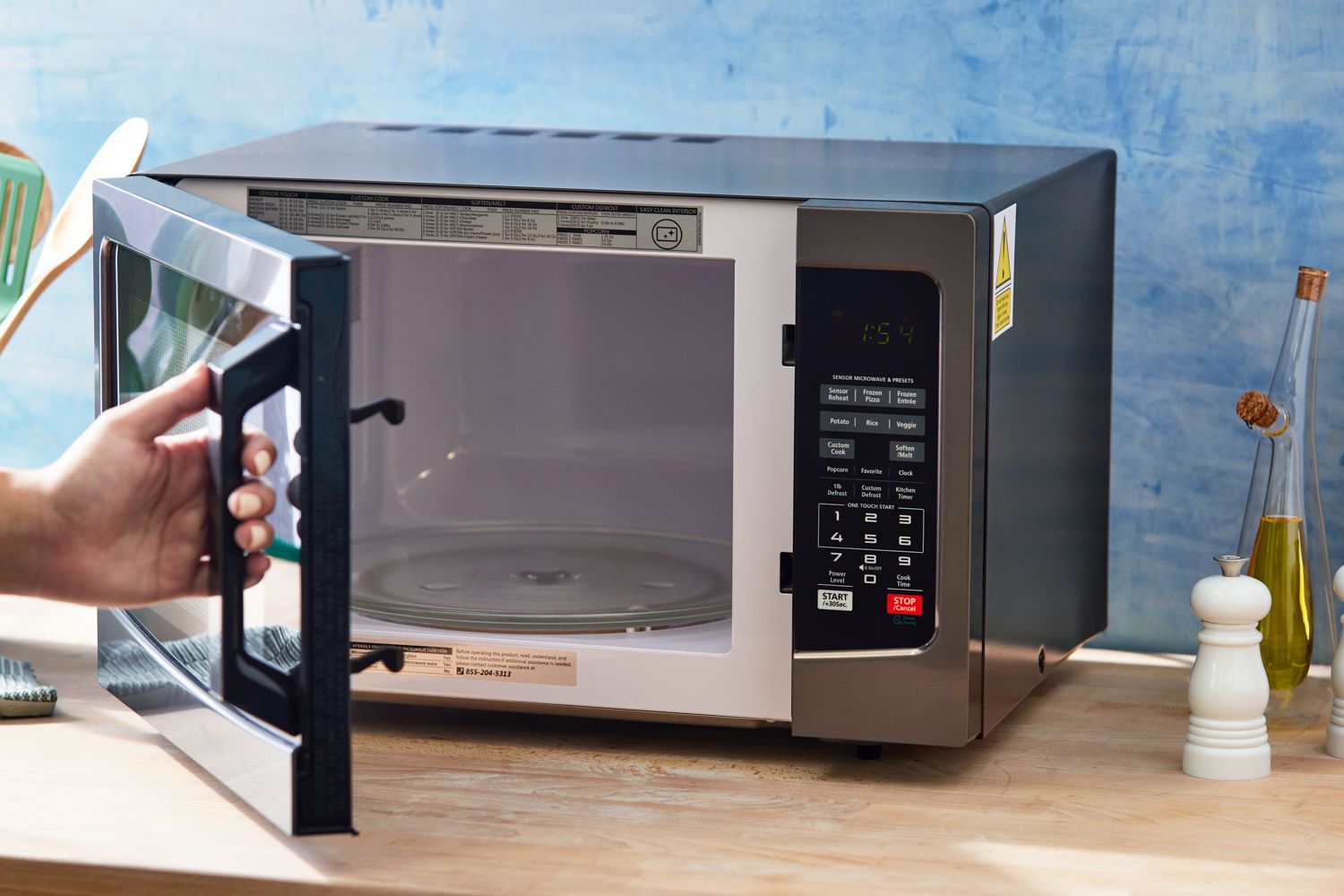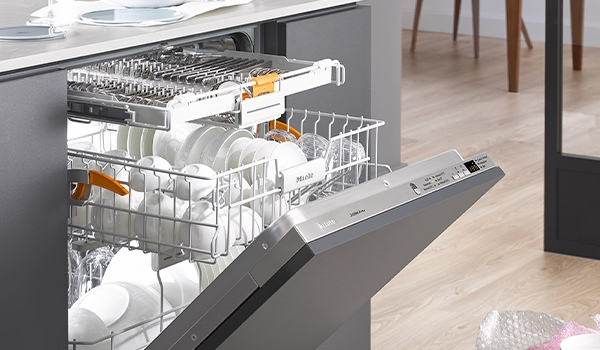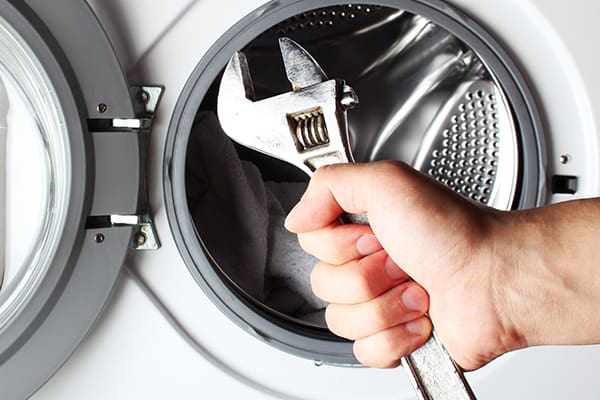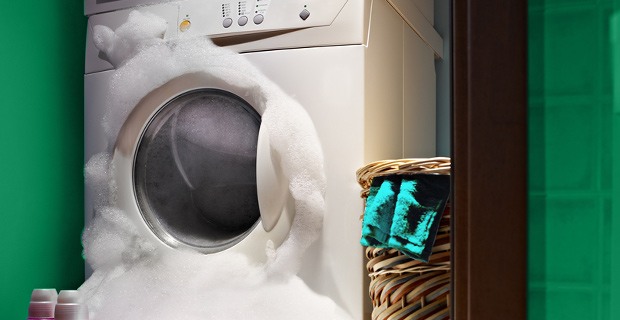The Ultimate Guide to Dishwasher Maintenance and Repair
Welcome to the ultimate guide to dishwasher maintenance and repair! Whether you're a seasoned homeowner or a new renter, understanding how to properly care for your dishwasher is crucial for ensuring its longevity and efficiency. Dishwashers, while durable, are not immune to wear and tear and can encounter various issues that affect their performance. In this guide, we will walk you through the essential steps for regular maintenance, identify common problems and their DIY solutions, and advise when it's time to call in the professionals. Keep your dishwasher running smoothly and your dishes sparkling clean with these expert tips and tricks.
Introduction to Dishwasher Maintenance: Why It Matters
Maintaining your dishwasher isn't just about keeping it running smoothly; it's also crucial for ensuring clean, hygienic dishes and extending the lifespan of one of the most convenient appliances in your home. A well-maintained dishwasher can prevent a multitude of problems, from minor annoyances like spots on glasses to major issues like floods or system failures that could lead to costly repairs.
Regular maintenance helps to preserve the efficiency of your dishwasher, ensuring it uses the right amount of water and energy, thus saving you money on utility bills over time. It also plays a critical role in preventing the buildup of lime scale and food debris, which can clog spray arms and filters, reducing the machine's effectiveness and potentially leading to unpleasant odors.
Moreover, routine checks and cleaning can identify potential problems early, before they require extensive and expensive repairs or lead to severe damage. From checking and cleaning the filter, to ensuring the spray arms are unobstructed and the door seals are intact, basic dishwasher maintenance is a simple yet effective way to keep your appliance in top condition, ensuring it safely cleans your dishes and operates at peak performance.
Step-by-Step Guide to Cleaning Your Dishwasher
Keeping your dishwasher clean not only ensures it operates efficiently but also extends its lifespan and prevents odors and buildup of bacteria. Here's a simple, step-by-step guide to cleaning your dishwasher effectively:
- Clean the Filter
- Wipe Down the Interior
- Unclog Spray Arms
- Use a Dishwasher Cleaner
- Inspect and Clean the Drain
Clean the Filter: Remove the filter located under the bottom spray arm. Rinse it under running water and scrub it with a soft brush to remove any trapped particles. For stubborn debris, soak the filter in soapy water for a few minutes before scrubbing.
Wipe Down the Interior: Use a damp cloth to wipe down the walls and the door of the dishwasher. Pay special attention to the area around the door seal, as residues and food particles often accumulate here.
Unclog Spray Arms: Check the holes in the spray arms for clogs caused by mineral deposits or food particles. If blocked, use a toothpick or a small wire to clear the holes.
Use a Dishwasher Cleaner: Run an empty cycle with a commercially available dishwasher cleaner to remove grease and lime scale buildup inside the appliance. Alternatively, placing a cup of white vinegar on the upper rack and running a hot-water cycle can also help clean and deodorize your dishwasher.
Inspect and Clean the Drain: Ensure the drain is not obstructed by pieces of glass, food residues, or other objects that could impede water flow.
By following these steps monthly, you can keep your dishwasher in optimal condition, reduce the need for repairs, and ensure a hygienic environment for washing your dishes.
Identifying Common Dishwasher Issues
Recognizing the signs of common dishwasher problems can help you take early action to prevent more significant repairs. Here are several typical issues you might encounter with your dishwasher:
- Dishes Remain Dirty
- Dishwasher Does Not Drain
- Unusual Noises
- Leaks
- Not Starting
Dishes Remain Dirty: If your dishes are still dirty after a wash cycle, check for blocked spray arms or a clogged filter. Ensure that the dishwasher is not overloaded and that detergent is being used correctly.
Dishwasher Does Not Drain: A dishwasher that doesn’t drain correctly is often due to a blockage in the drain hose or filter. Inspecting and cleaning these components can usually resolve the issue.
Unusual Noises: Rattling or grinding sounds could indicate trapped debris or a malfunction within the motor or pump assembly. Check for any loose utensils or debris and consult a professional if the noise persists after cleaning.
Leaks: Leaks can occur if door seals are worn out or if the dishwasher is not level. Check the seals for any cracks or damage, and ensure the appliance is properly aligned.
Not Starting: If the dishwasher does not start, verify that it’s receiving power, that the door is properly closed, and that the control panel is functioning. Faults in electrical components may require professional attention.
By familiarizing yourself with these common problems, you can quickly diagnose and address issues, maintaining the efficiency and longevity of your dishwasher.
DIY Repairs for Simple Dishwasher Problems
Sometimes, common dishwasher issues can be resolved with simple DIY repairs that don't require professional help. Here are a few tips on how to address easy-to-fix problems:
- Replacing Worn Seals
- Fixing a Detergent Dispenser
- Unclogging Spray Arms
- Replacing the Dishrack
Replacing Worn Seals: Over time, the door seal of your dishwasher can become brittle and cracked, leading to leaks. You can purchase a replacement seal and follow the manufacturer's instructions to install it yourself. This typically involves removing the old seal and pressing the new one into place.
Fixing a Detergent Dispenser: If your dishwasher's detergent dispenser isn't opening during cycles, it may be clogged with old detergent. Clean it with warm water and a soft brush. If it still doesn't work, the spring mechanism may need replacing, which is usually a straightforward process involving removing a few screws.
Unclogging Spray Arms: If dishes are not being cleaned properly, it could be due to clogged spray arms. Remove the spray arms as per the appliance's manual, and clean out the holes using a toothpick or small needle. This ensures water can flow freely, providing better cleaning results.
Replacing the Dishrack: Dishracks can become worn or rusted over time, which might damage dishes. Replacement racks are available from the manufacturer or appliance repair stores, and can be swapped in with little hassle.
These repairs are generally manageable without needing to call a technician. However, always consult your dishwasher's user manual for specific guidance to avoid causing further damage or voiding warranties.
When to Call a Professional: Limits of Home Dishwasher Repair
While many dishwasher issues can be resolved with DIY methods, there are situations where calling a professional is advisable to avoid further damage or for safety reasons. Here are scenarios when it's best to seek professional help:
- Electrical Problems
- Water Heating Issues
- Persistent Leaks
- Error Codes That Won’t Clear
Electrical Problems: If you suspect the issue with your dishwasher involves electrical components, such as wiring problems, malfunctioning control panels, or motor issues, it's safer to contact a professional. Handling electrical parts can be hazardous without the right expertise and tools.
Water Heating Issues: If your dishwasher is not heating water properly, the problem might be with the heating element or related components. These repairs can be complex and require specific technical knowledge to ensure the appliance operates safely afterwards.
Persistent Leaks: While some leaks can be fixed by replacing seals or ensuring connections are tight, persistent or major leaking might indicate a problem with internal components like pumps or hoses. A professional can diagnose the root cause and ensure a proper fix.
Error Codes That Won’t Clear: Modern dishwashers often have built-in diagnostic systems that display error codes. If you've tried troubleshooting according to the manual and the error codes persist, a professional repair technician can provide a more in-depth diagnostic and resolve the issue.
For these kinds of repairs, professional technicians not only have the necessary tools and parts but also the expertise to fix the problem efficiently and safely, ensuring your dishwasher remains in good working condition.
Preventative Measures to Avoid Dishwasher Repairs
Implementing preventative measures is key to avoiding frequent dishwasher repairs and ensuring long-term functionality. Here are essential tips:
Use the Right Detergent: Always use detergent suitable for dishwashers. Incorrect soaps can cause buildup and impair function.
Load Correctly: Overloading or improper loading can lead to dishes blocking spray arms and filters. Follow your manufacturer’s guidelines for loading dishes to ensure efficient cleaning and reduce strain on the system.
Regular Cleaning: Keep the interior clean and free from food debris. Monthly cleaning of filters and spray arms can prevent clogs and maintain optimal performance.
Soft Water Usage: Hard water can leave deposits that impair function. Using a water softener or regularly descaling the machine can mitigate this issue.
By adhering to these preventative practices, you can minimize the need for repairs and extend the lifespan of your dishwasher, saving time and money in the long run.
Conclusion: Maintaining Dishwasher Performance Over Time
Maintaining your dishwasher's performance through regular care and timely repairs is essential for maximizing its lifespan and ensuring it operates efficiently. By following the guidelines outlined in this guide, you can keep your dishwasher in top condition, prevent common problems, and avoid costly repairs. Regular cleaning, proper usage, and awareness of when to call in professionals are key strategies that contribute to the overall health and functionality of your appliance.
Remember, the effort you put into maintaining your dishwasher not only ensures better performance but also promotes safety in your home. If ever in doubt about a repair or a maintenance task, do not hesitate to consult a professional. This approach not only helps in keeping your dishwasher running smoothly but also in ensuring that it remains a reliable and effective tool in your household for years to come.


